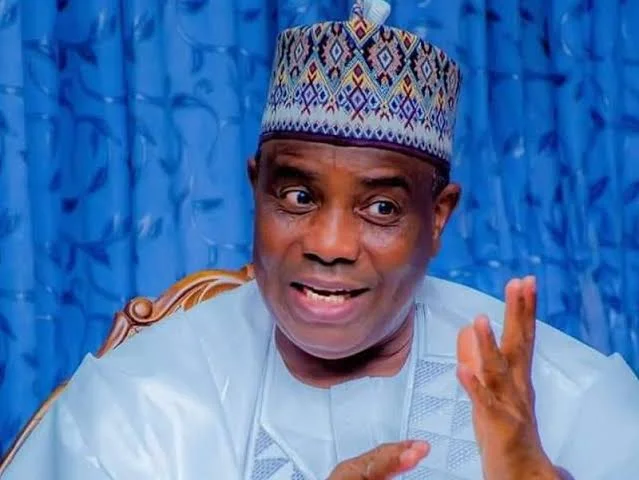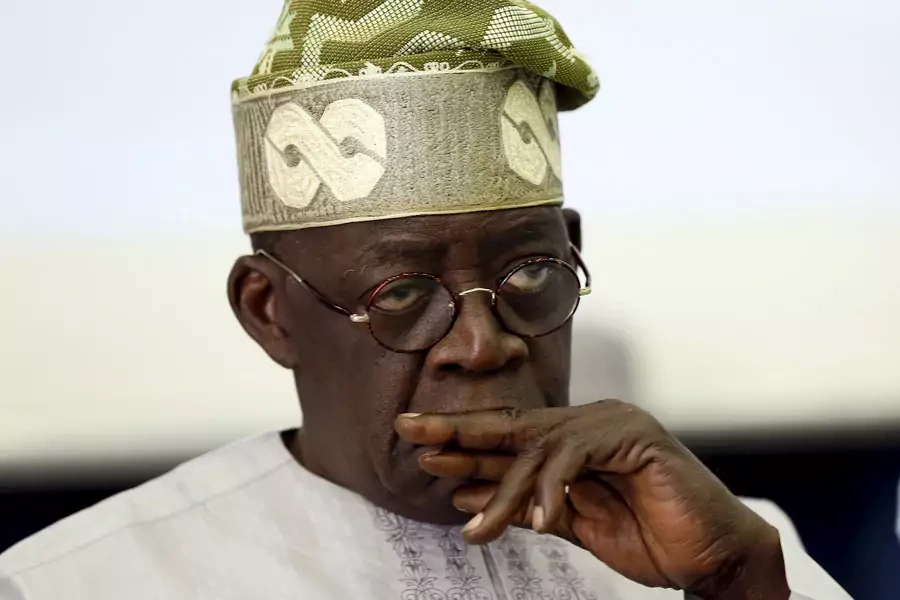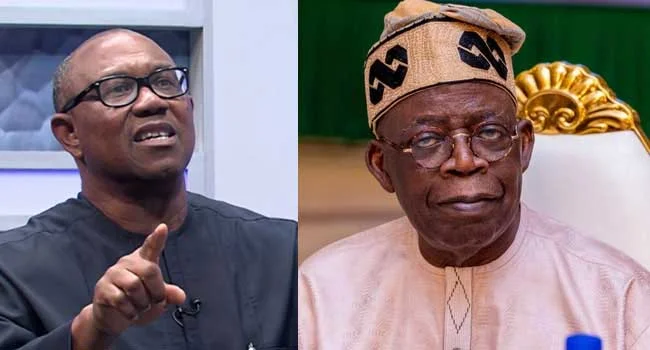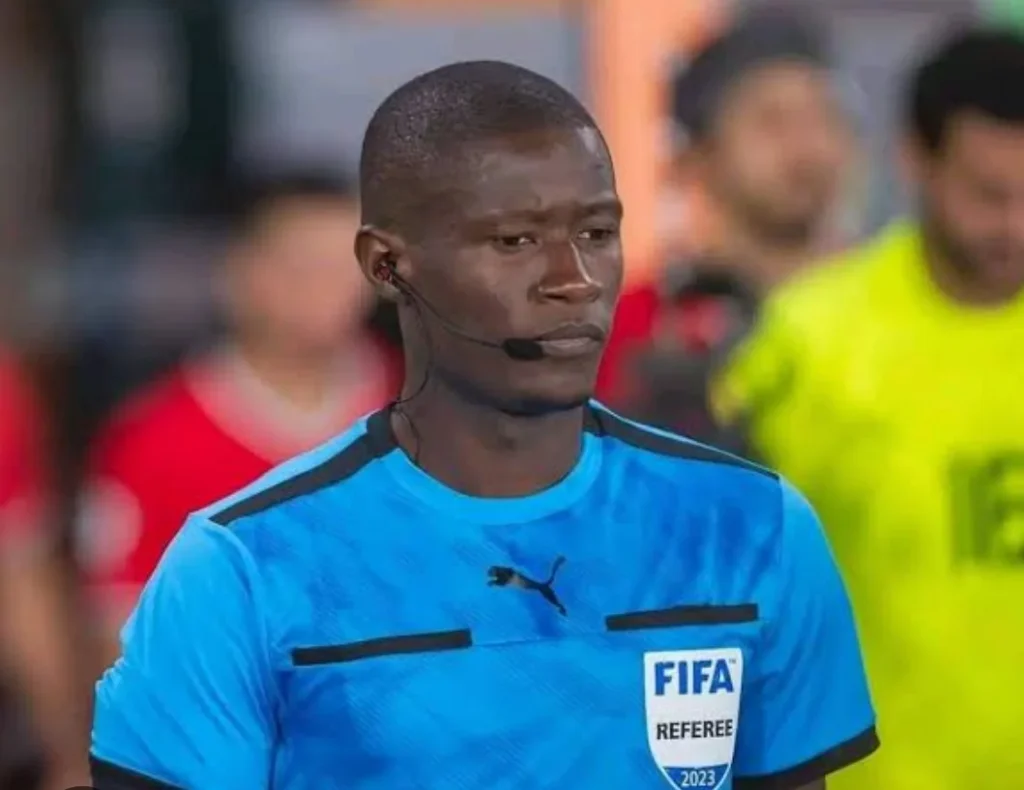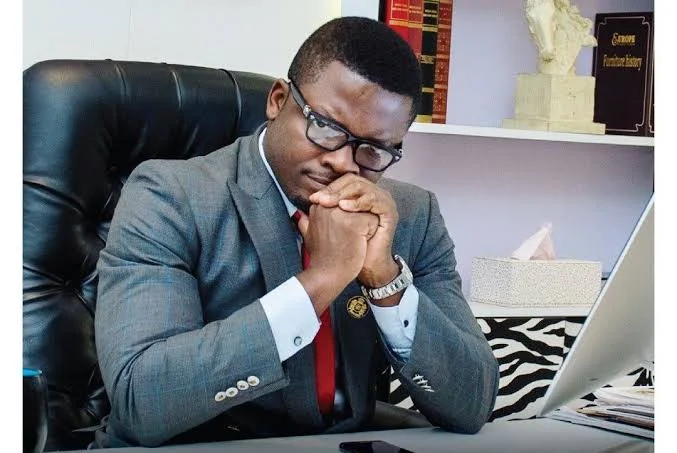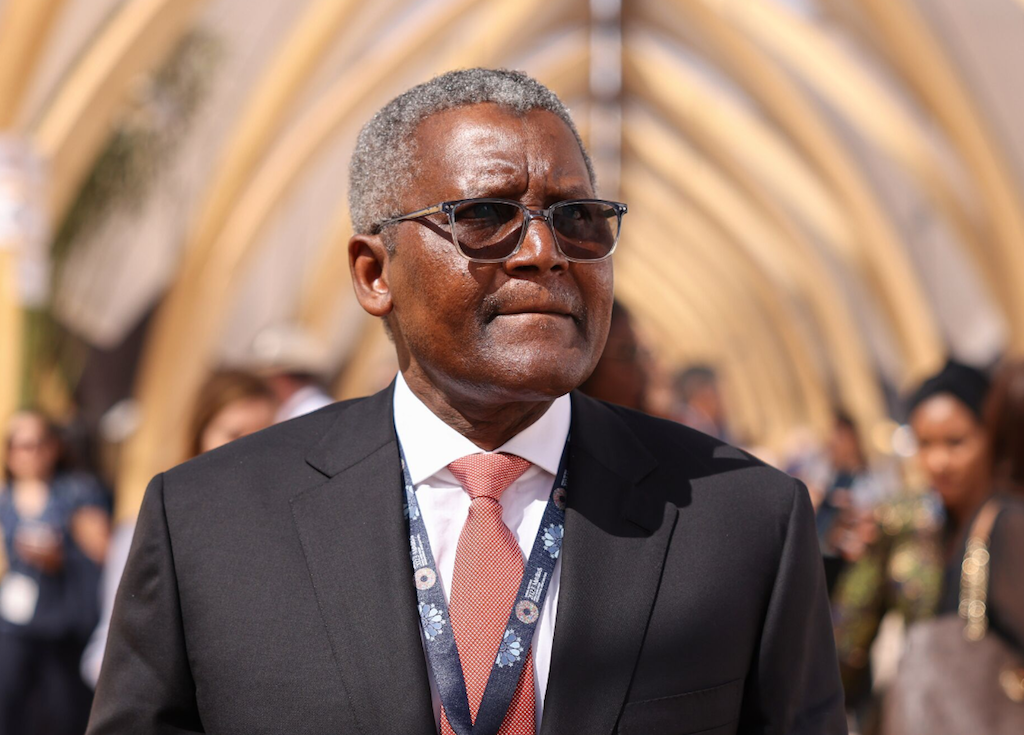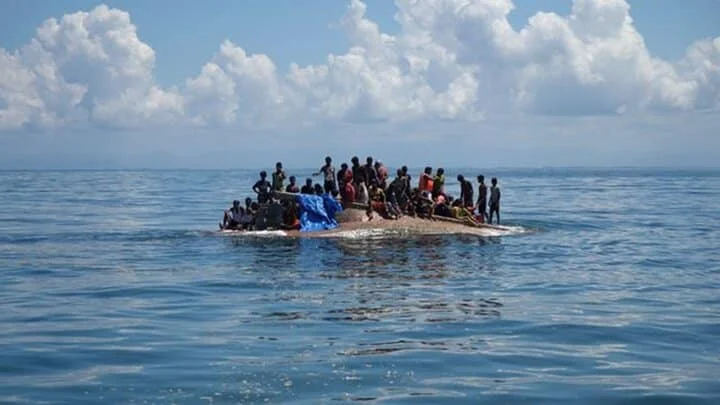2027 Presidency: Tambuwal Snubs Wike, Declares Loyalty To Atiku
When Senator Aminu Tambuwal, former governor of Sokoto State, sat down for an interview on Politics Today, few expected him to ignite one of the most heated debates in the build-up to Nigeria’s 2027 elections. But his words landed like a thunderclap: “On matters of leadership, I will support Atiku Abubakar over Nyesom Wike.”
With that statement, Tambuwal didn’t just pick a side, he reopened old political wounds, tested the strength of alliances, and signaled where he believes Nigeria’s next leader should come from.
The Tambuwal Dilemma: Friendships vs. National Leadership
Tambuwal’s admission wasn’t casual. He acknowledged his personal relationship with Nyesom Wike, Nigeria’s FCT Minister, describing him as “a friend.” But friendship, he insisted, does not outweigh capacity when Nigeria’s future is on the line.
This is where the controversy thickens: Nigerians are asking, Should politics be about personal loyalty or national interest?
The Ghosts Of 2022
Tambuwal and Wike were once close allies within the PDP, but the cracks became visible in 2022 when Wike accused him of betraying a zoning pact in favor of Atiku.
Also Read: Fans Gush As Temi Otedola Drops Wedding Photos With Mr Eazi
The fallout left scars, and Tambuwal’s latest declaration only confirms what many suspected: reconciliation was never complete.
Now, by openly throwing his weight behind Atiku, Tambuwal has reminded everyone that in Nigerian politics, grudges rarely die, they simply wait for the right moment to resurface.
What This Means for 2027
As the countdown to 2027 continues, Tambuwal’s stance is more than an endorsement, it is a political warning shot that could reshape alignments, fracture friendships, and influence the PDP’s strategy.
For now, one thing is clear: Tambuwal has chosen Atiku, and Nigeria is watching Wike’s next move.


